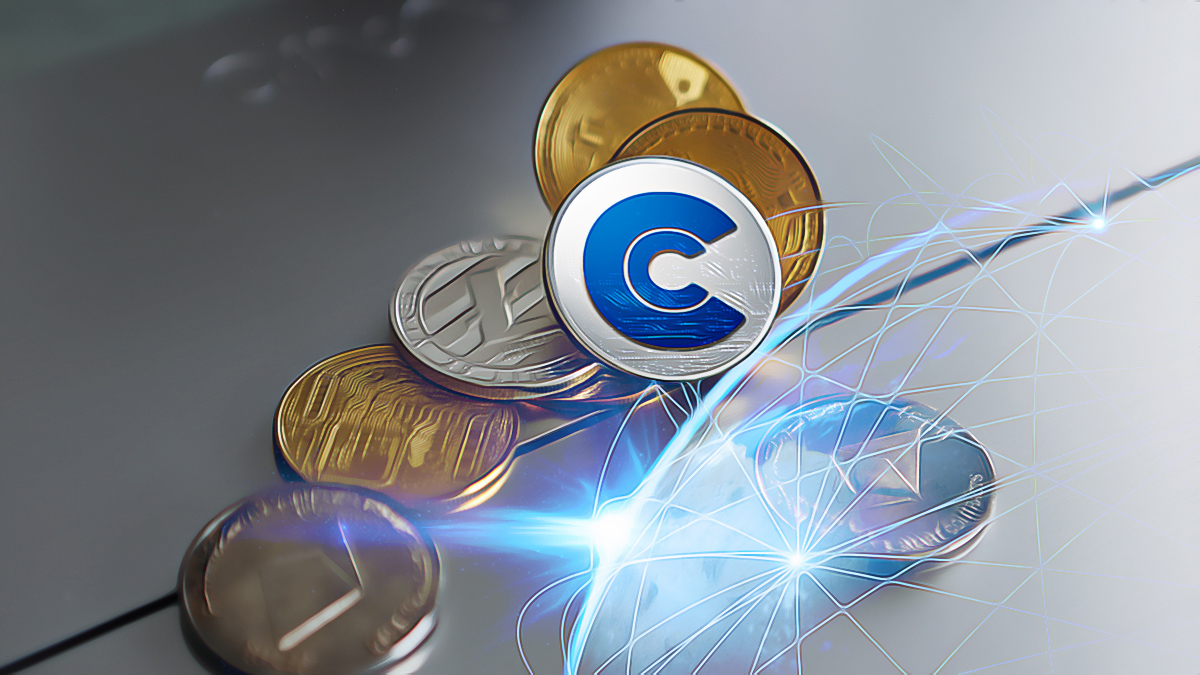GameStop, the renowned game retailer, has made a significant move by purchasing 4,710 Bitcoins worth $512 million, thereby amassing a substantial cryptocurrency reserve. By incorporating this digital asset into its financial structure, the company is shifting from its reliance on less profitable traditional store sales. This strategic decision marks GameStop’s entry into the ranks of companies like Tesla, Strategy, and Metaplanet, who hold cryptocurrencies on their balance sheets, offering their investors a fresh growth narrative. GameStop’s Bitcoin  $104,616 acquisition could inspire retail companies worldwide, extending its impact beyond Wall Street.
$104,616 acquisition could inspire retail companies worldwide, extending its impact beyond Wall Street.
GameStop Evolves its Portfolio with Bitcoin
This venture represents a pivotal phase in GameStop’s ongoing transformation plan, transitioning from game CDs to cryptocurrencies. The company gained notoriety during the 2021 meme-stock surge, using capital increases and an e-commerce push to bolster its cash reserves. The recent Bitcoin purchase is a concrete application of these reserves. Management considers Bitcoin a long-term value storage, highlighting terms like “inflation insurance” and “strategic reserve” in meeting notes. The average acquisition price was reported to be just below $108,000.

This initiative adds financial leverage to GameStop’s operational renewal efforts. As the number of physical stores is gradually reduced, online sales channels are expanded. Holding cryptocurrency gives the company a tech-focused identity in the eyes of global investors. Furthermore, this move could potentially pave the way for additional services, such as accepting BTC in future in-game payments.
Sign of Growing Institutional Interest in Bitcoin
GameStop’s acquisition of Bitcoin has expanded the list of institutional investors, resulting in a morale boost in the market. Recently, major funds and insurance companies have poured into spot Bitcoin ETFs. Analysts are suggesting that the concept of a “crypto balance sheet” could become a standard practice by year’s end.
However, some experts remind us of the inherent risks associated with this choice. Bitcoin prices are subject to significant volatility, yet its limited supply positions it as digital-age “electronic gold” for the long term. The prevailing opinion is that if institutional demand continues, it will support Bitcoin’s price.










